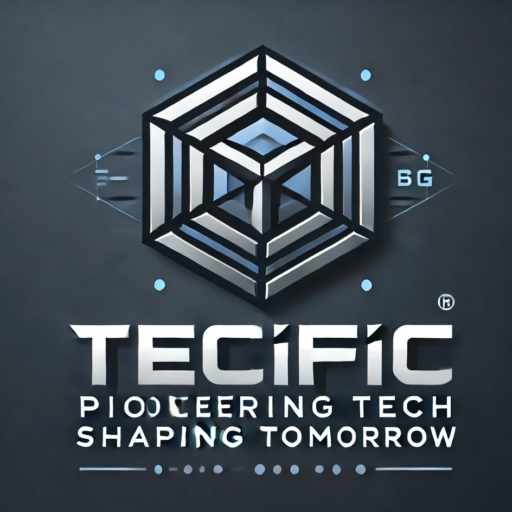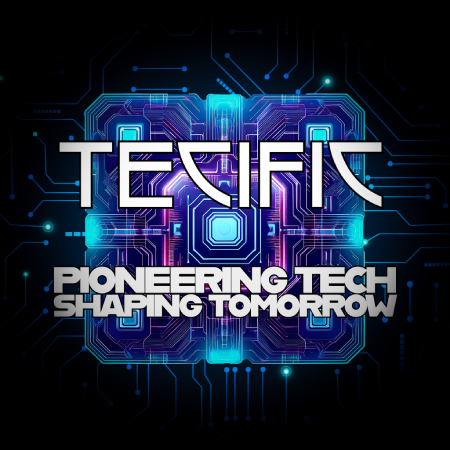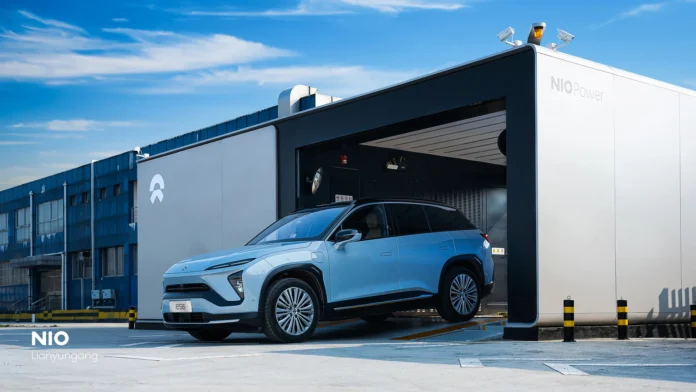The electric vehicle (EV) industry is rapidly evolving, and companies like NIO, XPeng, and Nikola Corporation are at the forefront of this transformation. Each company brings unique innovations and approaches to the EV market. In this article, we will compare NIO, XPeng, and Nikola Corporation, focusing on their core strengths, business models, and the future of their EV technologies.
NIO: Leading with Battery Swapping and Premium Electric SUVs
Founded in 2014, NIO (NIO website) is a Chinese electric car manufacturer known for its premium electric vehicles (EVs), specifically SUVs, and its innovative battery-swapping technology. Unlike many other EV companies that rely on charging infrastructure, NIO allows users to swap their car batteries in just a few minutes, offering a faster alternative to traditional charging stations.
Key Features:
- Battery Swapping Technology: NIO’s battery swapping stations are a game-changer, allowing users to replace a drained battery with a fully charged one in less than 5 minutes.
- Premium Design: NIO’s models, including the ES8 and ET7, focus on luxury, cutting-edge technology, and high performance.
- Autonomous Driving: NIO is heavily investing in autonomous driving systems and AI technology, aiming to provide a safer, smarter driving experience.
XPeng: Pioneering in Autonomous Driving and Software Integration
XPeng (XPeng website) is another leading Chinese EV manufacturer, but with a sharper focus on integrating advanced technologies such as autonomous driving and smart vehicle systems. Established in 2014, XPeng has positioned itself as a leader in smart mobility, delivering innovative software-driven cars at competitive prices.
Key Features:
- Autonomous Driving Technology: XPeng’s Xpilot system is one of the most advanced autonomous driving technologies in the market. It offers features like highway driving assist and automatic parking.
- In-car Software and Smart Features: XPeng vehicles are equipped with voice assistants and intelligent in-car software, making the driving experience more intuitive and connected.
- Affordable EVs: XPeng aims to bring cutting-edge technology to the mass market, with more affordable EV options compared to NIO.
Nikola Corporation: Focusing on Hydrogen and Electric Trucks
Founded in 2015, Nikola Corporation (Nikola Corporation website) is a U.S.-based company that focuses on producing hydrogen-electric and battery-electric trucks. While NIO and XPeng are targeting the consumer EV market, Nikola is primarily addressing the commercial sector, providing zero-emission solutions for long-haul transportation.
Key Features:
- Hydrogen Fuel Cell Trucks: Nikola’s hydrogen fuel cell trucks aim to offer long-range, zero-emission transport, catering to the needs of industries that require heavy-duty transportation.
- Battery-Electric Solutions: Nikola also produces battery-electric trucks for shorter distances, providing versatility for its commercial clients.
- Focus on Infrastructure: Nikola plans to build a hydrogen refueling network to support its hydrogen-powered vehicles.
| Feature | NIO | XPeng | Nikola Corporation |
|---|---|---|---|
| Founded | 2014 | 2014 | 2015 |
| Market Focus | Premium electric SUVs | Smart, software-driven EVs | Hydrogen-electric and battery-electric trucks |
| Core Technology | Battery swapping, autonomous driving | Autonomous driving, smart in-car systems | Hydrogen fuel cells, battery-electric |
| Main Products | ES8, ET7 | P7, G9 | Nikola One (hydrogen), Nikola Tre (battery-electric) |
| Geographical Presence | China, Europe | China | U.S., Europe |
| Target Market | Luxury EV buyers | Mass-market EV buyers | Commercial transportation |
Conclusion: Who Stands Out?
Each company has carved out its niche in the electric vehicle industry. NIO stands out with its premium offerings and battery-swapping technology, making it ideal for luxury-conscious consumers seeking cutting-edge tech. XPeng provides more affordable yet tech-heavy options, catering to a broader audience looking for smart vehicles at a competitive price. Meanwhile, Nikola Corporation focuses on transforming the commercial trucking industry with its hydrogen and electric trucks, offering zero-emission solutions for long-haul transport.
As the electric vehicle market continues to grow, these three companies are likely to play pivotal roles in shaping the future of transportation, each targeting different market segments with their innovative technologies.




